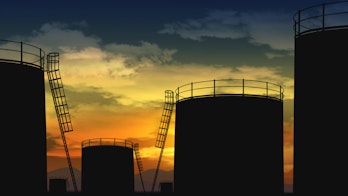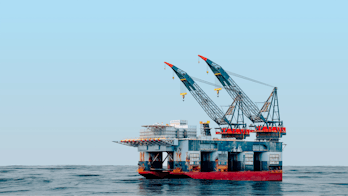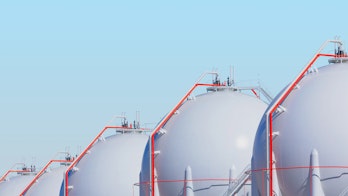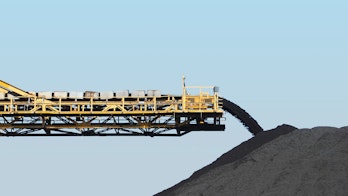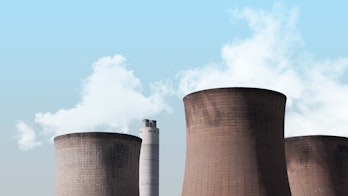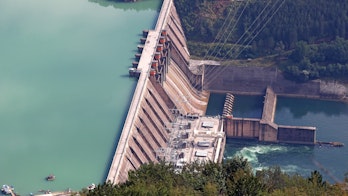
Reliable, affordable access to all fuels and energy sources
Energy Security
The IEA was created to ensure secure and affordable energy supplies, and it conducts analysis on current and future risks for oil supply disruption, emerging gas security challenges, and increasing system flexibility and resilience of the electricity sector. But energy transitions and the growth of cyber criminality have expanded the scope of what constitutes energy security.
Electricity security
A major structural change in the electricity generation around the world
Share of variable renewables in the global electricity mix, 2015-2024
OpenOil security
One of the IEA's core activities is ensuring the security of oil supplies by setting stockholding requirements for member countries
IEA total oil stocks, end-February 2024
OpenEmergency response measures
Oil security and emergency response
Ensuring energy security has been at the centre of the IEA’s mission since its creation in 1974, following the oil crisis in 1973. Today, the global oil market remains vulnerable to a wide range of risk factors, including natural disasters, major technical accidents, and geo-political tensions. As oil is expected to remain a major component of global energy demand for the coming decades, particularly for the transportation sector, maintaining the IEA emergency response capability will continue to remain essential.
In accordance with the Agreement on an International Energy Programme (I.E.P.), each IEA country has an obligation to hold oil stocks equivalent to at least 90 days of net oil imports and to be ready to collectively respond to severe supply disruptions affecting the global oil market. In the event of an actual or potentially severe oil supply disruption, the IEA Secretariat first assesses the potential market impact of such a disruption and the need for a coordinated response. The decision to initiate a collective action is made following an assessment of the disruption and the current market conditions. If the disruption is determined to be sufficiently large so that global energy markets would be significantly affected, an IEA collective action may be recommended.
Since the creation of the IEA, there have been five collective actions: in the build up to the Gulf War in 1991; after Hurricanes Katrina and Rita damaged offshore oil rigs, pipelines and oil refineries in the Gulf of Mexico in 2005; in response to the prolonged disruption of oil supply caused by the Libyan Civil War in 2011, and two during the Ukraine-crisis, the first in March 2022 and the second in April 2022.

